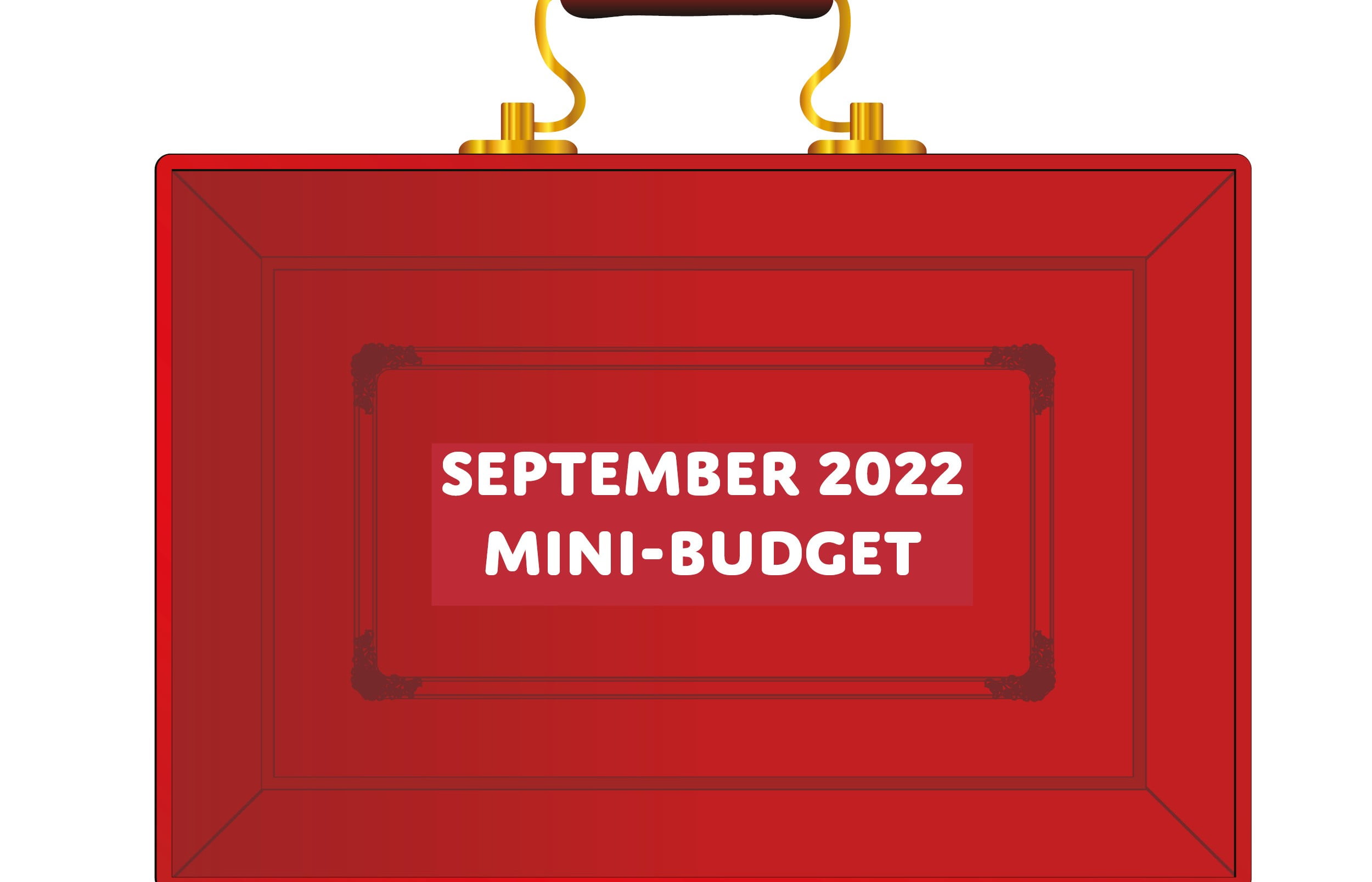Following the Chancellor’s mini-Budget, PM+M’s managing partner, Jane Parry, has provided her thoughts on what this could mean for businesses and individuals…
On the face of it, today’s barrage of tax cuts – including the basic rate of income tax cut and the abolition of the 45p additional rate – will be welcomed by some, but we are talking about some truly eye watering sums that are being added to the national debt. Some of the world’s leading economic voices and leaders believe this form of ‘trickle down’ economics is deeply flawed and will put the public finances on an unstable footing for years to come, and I am with them. Especially when compounded by the lack of an energy company windfall tax which is, in my view, pretty shameful.
The news that corporation tax will stay at 19% is good news for businesses struggling with mounting costs, but – of course – it will only be benefit to companies that are actually making a profit. The energy price cap for business is a positive step but it’s still a chunky hike in costs and the real issue is that it gives no long-term certainty, which is what firms need. If there’s no de-escalation of the war in Ukraine, or it gets worse, then this move will be nothing more than kicking the can down the proverbial road. It’s simply impossible for businesses to make strategic and long-term decisions in this environment which is complex and ever changing.
However, there was some welcome certainty on making the £1m Annual Investment Allowance for capital equipment expenditure permanent, thus avoiding the regular speculation about see sawing thresholds which hampers long-term business decision making. The promised enhancements to the venture capital investment schemes are also welcome. Let’s hope those bankers start to invest their larger bonuses in UK businesses as a result.
In terms of the NI reversal, it sounds great, but it will only help those who pay NIC and of course the benefit is skewed towards higher earners, so the really low earners in society won’t see much benefit at all. Also, the practicalities of the reversal could prove a headache for payroll providers and also company directors and the self-employed who probably face some form of blended NI rate on their profits for this year.
The Chancellor’s commitment to cutting business red tape and bureaucratic costs is great, but there was no mention of the relentless march of the Making Tax Digital and basis period reform programme which is due to hit the self-employed and landlords from April 2024, adding significantly to their costs of compliance. The major accountancy bodies have already started telling the Chancellor that the system won’t be fit for purpose in time and will just create more headaches for business to distract them from their growth focus. I hope he listens, and we see something in the main November Budget on this.
Much has been made about the stamp duty cut which sounds fine but again will only impact a few; namely those who are buying a house and particularly first-time buyers. With the cost-of-living spiralling and interest rates rising, you’ve got to be pretty brave to commit to a new mortgage just now if you’re an ordinary working person.
The new Investment Zones are welcomed although much of today’s statement will have a disproportionate benefit for the South East. Whether the Investment Zones are sufficient to achieve some levelling up remains to be seen.
Overall, we are seeing some see-sawing of policies and the jury seems to be out on whether Trussian economics have much validity. The Treasury’s decision to not release the OBR’s predictions are concerning to me as is the issue of making all these tax cuts to stimulate demand whilst not changing the Bank of England’s remit on inflation, so that it will be forced to increase interest rates further. It’s going to be interesting to see how the markets react to this approach.
We are living in strange times – we should enjoy these short-term savings whilst we can, but we must all keep a sensible eye on the realities we face and potentially batten down the hatches for what is likely to be a turbulent few months or years ahead.



